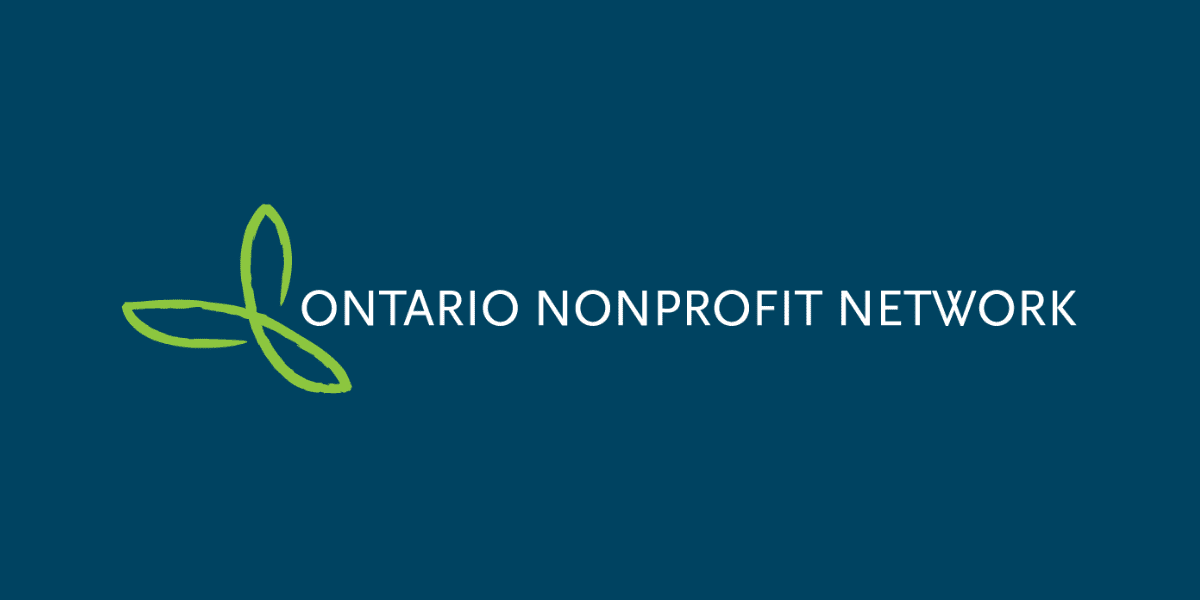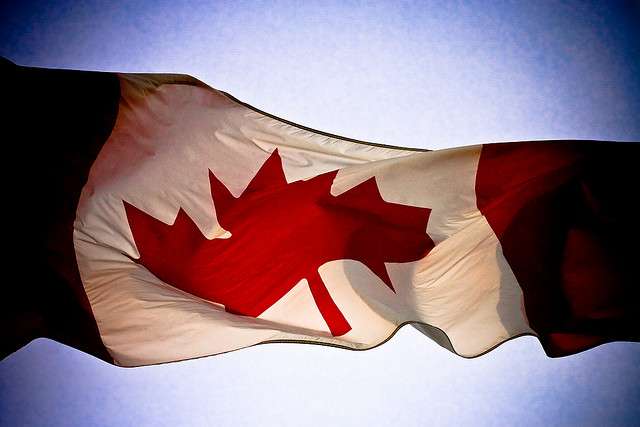I am Charity, Hear Me Roar
Court recognizes charities’ unlimited right to nonpartisan political advocacy for charitable purposes
By Benjamin Miller
Two years ago, Canada Without Poverty (CWP), an Ontario anti-poverty charity that advocates for policy change, took the Canada Revenue Agency (CRA) to court for limiting its constitutional right to political speech. This week, the Superior Court of Ontario said CWP was absolutely right. The court struck down CRA’s 10% limit on political activities by charities and the Income Tax Act’s (ITA) confusing distinction between charitable activities and nonpartisan political activities.
Note: At no time was the prohibition of partisan political activities under question. Charities still cannot endorse or oppose political parties or candidates.
Court recognizes how important political activities are for charities
The court repeatedly emphasized that charities are now strongly encouraged to get involved in policy advocacy to accomplish their charitable purposes. CWP, for example, used a strategy advocated for by the UN Copenhagen Declaration on Social Development and endorsed by a Canadian Parliamentary committee. In 1985, the then-Minister of National Revenue and more recently the Consultation Panel on the Political Activities of Charities (Consultation Panel) acknowledged that charitable activities include nonpartisan political activities.
Charity status may not be a right but it must be consistent with rights
The CRA argued that while it recognized some political activities were allowable, charitable status is a tax benefit and not a right, so it was free to set limits. The court responded that the government is not obligated to provide benefits like charitable status, but if it does, it must do so in a way that is consistent with constitutional rights. Furthermore, the court found that there was no clear distinction between political and charitable activities, pointing out that even political theorists cannot agree on what “political” means.
Government’s rationale was deemed circular and confusing
The court found that CWP could not effectively operate without charitable status. Consequently, taking away that status because the charity chose to exercise its rights was an infringement of those rights.
While it is possible for the government to infringe constitutional rights in some cases, it must have a “pressing and substantial objective” to justify doing so. In this case, the government’s reason for limiting charities’ political activities seemed to be… limiting their political activities. The court found this was both circular and obviously could not justify a limit on constitutional rights. The court also commented that it was a confusing objective since it undermined the government’s overall goal of supporting charitable purposes. After all, political activities are an important way to pursue those purposes.
This judgment is a big step forward
We applaud this judgment, since it updates an archaic federal regulatory framework that had hampered the ability of charities to fulfill their purposes. This judgment is a crucial step towards creating the enabling federal policy environment that charities need to be fully engaged in public policy advocacy.
We look forward to the Minister of National Revenue implementing the Consultation Panel recommendations and CRA implementing this decision by:
- Removing political activities from the annual information return charities must file (the T3010)
- Issuing updated guidance and materials to educate the sector on the full scope of their right to participate in our democracy
Thanks to Canada Without Poverty for its leadership and tenacity in leading a court challenge on this issue.
Benjamin Miller is a summer fellow from the University of Toronto Faculty of Law and School of Public Policy and Governance.





